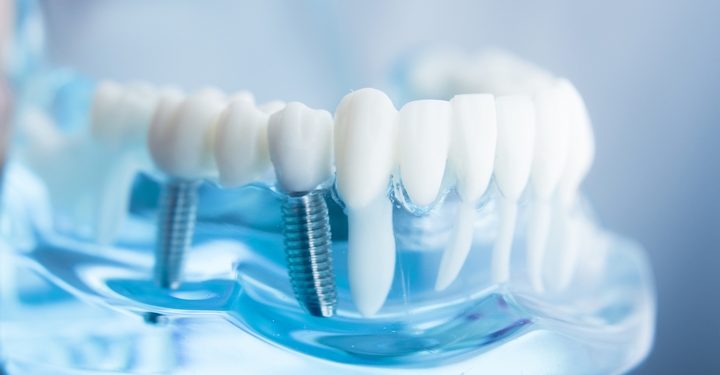Five Things to Know Before Getting Dental Implants

Whether you are missing one of your natural teeth, a few of them, most of them or all of them, you need to have a replacement. Bridges replace a few missing teeth, and upper or lower dentures replace all of the missing teeth on a jaw. Dental implants can replace one tooth, a few or even all of your teeth. They are the gold standard for replacing a lost tooth. Before you get dental implants, it is important to know these five things.
1. You May Need a Bone Graft

Before an implant is placed, you will need X-rays of your jaw structure. If it has been a while since you lost your natural tooth, your jaw bone may not have enough mass to support the titanium post of the implant. A bone graft from your own bone tissue or from donor tissue may need to be placed before the implant can be attached.
2. Your Sinus Anatomy May Be of Concern

If you are getting an implant on your upper jaw, you may need to have an evaluation of the size and placement of your sinuses. Large or unusually shaped sinuses may come into close contact with your jaws. If your jaws are small or have a low amount of bone, there may not be enough room for the implant. Your specialist may send you for a magnetic resonance imaging scan to get detailed information about your sinus anatomy.
3. The Process Takes About a Year

When bone grafts are required, the process of getting the graft and getting the implant takes about one year. The graft requires around six months to heal. The titanium post is then placed. Integration of the post into your jaw takes about another six months. Once that step is complete, the artificial tooth crown can be attached. For more information, there are some helpful resources on the Build Your Smile website.
4. You Still Need to Brush and Floss

Oral hygiene is still important after getting a dental implant. You need to maintain healthy gum tissue. You still need to care for your natural teeth surrounding the implant. Brushing and flossing also keeps the artificial crown clean, free of stains and free of bacteria that cause bad breath.
5. Your Overall Health Is a Factor in Implant Success

Living a healthy lifestyle increases the chances at a successful dental implant process. Eating a healthy diet, caring for your oral health and avoiding smoking or the use of tobacco products are key. Tobacco products decrease your body’s ability to heal after the bone graft and implantation of the post. Managing chronic conditions such as diabetes or high blood pressure are also important to ensuring the success of your dental implants.


